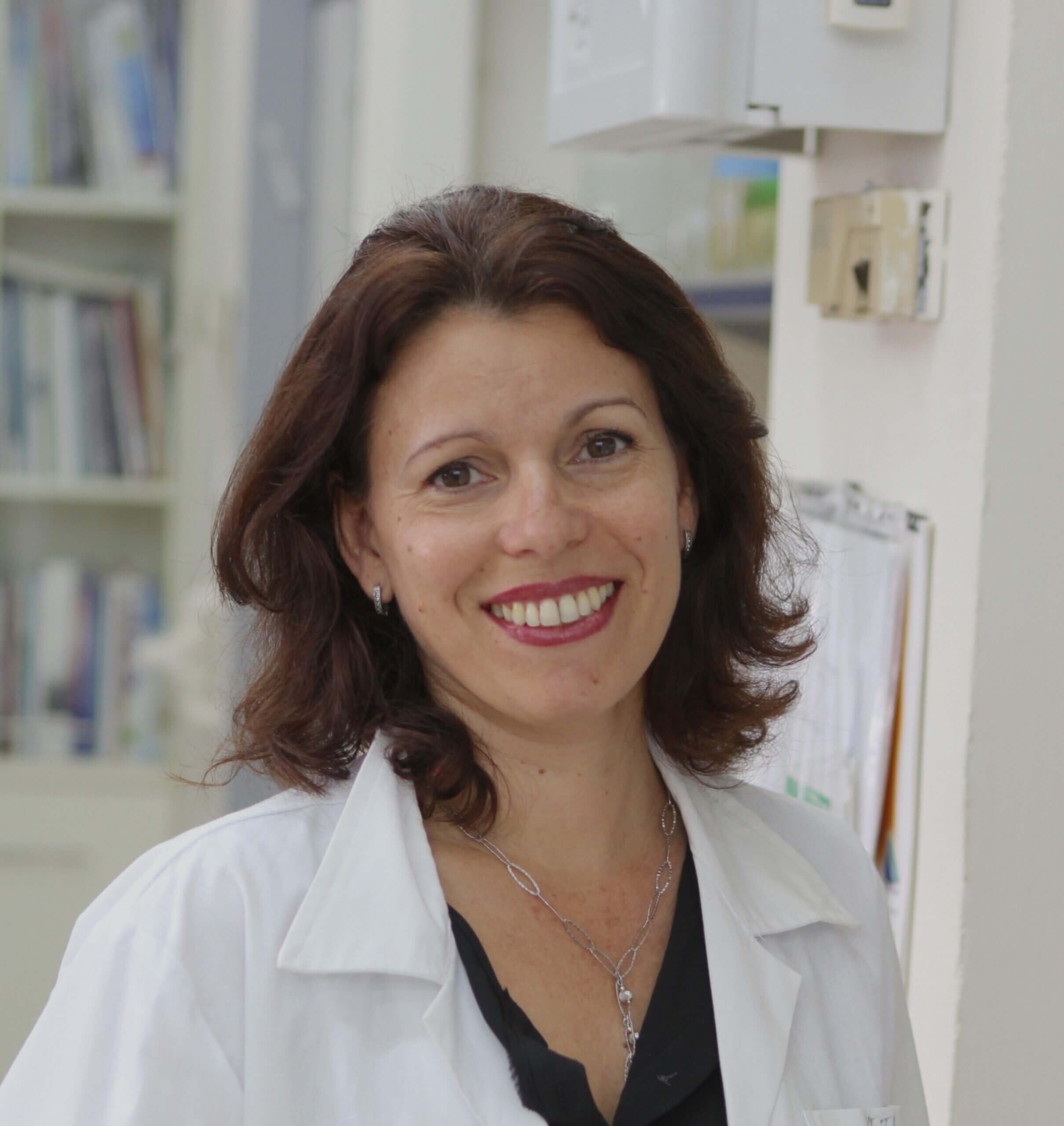The findings are of great importance because they may allow diagnosis and preventive treatment before the appearance of the fatal metastases * The researchers: "Breast cancer patients, as well as patients with many other types of cancer, do not die from the initial tumor, but from metastases that develop, sometimes years later, in vital organs such as the lungs and brain. Identifying the preparation processes for receiving the metastases at an early stage can save the lives of millions."

A new study by Tel Aviv University has discovered changes in healthy lung tissue that indicate preparation for the reception of cancer metastases. The changes were detected in an area known as the 'microenvironment' of the tumor, and specifically in connective tissue cells called fibroblasts. According to the researchers, these tissue changes are a precursor to the possible development of cancer cells - metastases. According to them, understanding the metastatic process and diagnosing it at such an early stage may lead to life-saving preventive treatment.
The research was conducted under the leadership of Prof. Neta Erez, Head of the Department of Pathology at the Sackler Faculty of Medicine, and by her side the team of researchers in her laboratory, Dr. Ofir Shani and Dr. Yael Raz, as well as other researchers from Tel Aviv University, from the Tel Aviv Medical Center (Ichilov), From the Sheba Medical Center and the Weizmann Institute. The article was published in the journal eLife.
The researchers explain that in many types of cancer, including breast cancer, patients do not necessarily die from the primary tumor. The fatal factor, in the end, is the metastases, which reach vital organs and thrive there. Even in a patient who has undergone all the proposed treatments, including surgery to remove the primary tumor, followed by chemotherapy and radiation treatments designed to eliminate its remnants, metastases may appear several years later. In the follow-up methods used today, the metastases are detected only when they are already quite large - when the disease is in an advanced stage, and medicine has no effective solutions.
For this reason, Prof. Erez's group investigates the 'black box' - that period of time between the apparent recovery and the appearance of metastases, with the aim of understanding the metastatic process and identifying it already in its initial stages. Their research in recent years has revealed that the target tissues in the organs where the metastases tend to reach 'prepare the area' for their reception and create a friendly environment for them long before the metastases themselves appear.
In the current study, the team of researchers led by Prof. Erez looked for signs of these changes, which may be used in the future to identify the process at its very beginning. The researchers focused on connective tissue cells (fibrous cells) called fibroblasts and are found, among other things, in the lungs.
Prof. Erez: "In a normal state, fibroblasts have a central role in healing wounds and tissue damage, but recent studies have revealed that cancer manages to recruit them and make them create a supportive environment for it. As part of the current study, we sequenced all the genes expressed (transcriptomic sequencing) in fibroblast cells taken from the lungs of mice in a breast cancer model."
The researchers compared the sequencing results in cells sampled from healthy lungs, lungs with micrometastases (tiny metastases that cannot be detected by standard clinical tests), and lungs with large metastases, in a state of advanced disease. According to the changes identified from stage to stage, the researchers were able to characterize for the first time the process taking place in the microenvironment of the cancer metastases, already in the early stages of preparing the area for their reception.
In addition, they specifically identified the proteins that drive the 'rewiring' processes in fibroblasts, and discovered that one of the key proteins in the process is Myc - known as a driving factor in accelerating the division of cancer cells. Now it turns out that this protein also plays an important role in the change that occurs in fibroblasts in preparation for receiving the metastases.
Prof. Erez summarizes: "In our research, we were able to characterize processes that occur in apparently healthy tissues in preparation for the reception of cancer metastases. We believe that in the future our findings will be able to help identify the metastatic process even before the metastases themselves arrive and take root in the target organ, with the aim of providing preventive treatment. Such treatment, which will prevent the development of metastases, may save the lives of millions of people all over the world."
More of the topic in Hayadan:

One response
Interestingly, does the change begin because the cancer releases proteins or another substance that causes the tissue to start preparing or are the cancer cells that reach the tissue the ones that activate it?